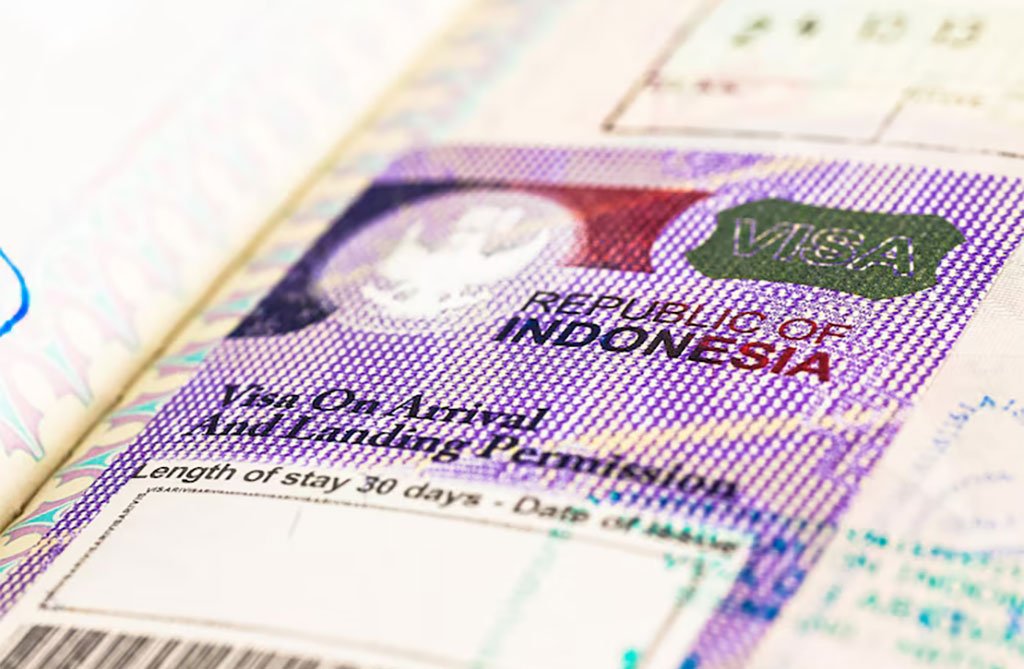Bali, Indonesia, is a dream destination for travelers worldwide, offering stunning beaches, rich culture, and vibrant nightlife. However, navigating the visa requirements can be complex. To ensure a smooth and enjoyable trip, here are seven essential things you must know before visiting Bali.
1. Understanding Bali’s Visa Options
Bali offers several visa options for international travelers:
- Visa Exemption: Citizens from certain countries can enter Indonesia without a visa for short stays (typically 30 days).
- Visa on Arrival (VoA): Available for citizens of many countries, allowing a 30-day stay, extendable once for another 30 days.
- e-Visa on Arrival (e-VOA): A digital version of the VoA, which can be applied for online prior to arrival.
- Tourist Visa: For longer stays, a tourist visa can be obtained, which may allow extensions.
- Social-Cultural Visa: Ideal for those visiting family or engaging in cultural activities, typically valid for 60 days and extendable.
- Business Visa: For business-related activities, excluding employment, and can be extended.
It’s crucial to choose the correct visa based on your purpose of visit and intended length of stay.
2. The Importance of a Return or Onward Ticket
Indonesian immigration authorities often require travelers to present a return or onward ticket upon arrival. Failure to do so may result in denial of entry. It’s advisable to have a confirmed ticket showing your departure from Indonesia within the visa validity period.
3. Tourist Levy: A New Requirement
As of February 14, 2024, Bali has implemented a tourist levy of IDR 150,000 (approximately USD 10) per person. This fee applies to all international visitors, regardless of age or visa type. It can be paid online through the official Love Bali website or at designated counters at the airport upon arrival. Prepaying online is recommended to expedite the entry process.
4. Completing the Electronic Customs Declaration (e-CD)
Before arriving in Bali, travelers must complete the e-CD form online within 72 hours of departure. This form collects information about your travel and items you are bringing into the country. Upon submission, you’ll receive a QR code, which must be presented at customs upon arrival. This process helps streamline your entry and ensures compliance with Indonesian regulations.
5. Health Declaration: Preventing the Spread of Diseases
Indonesia requires all international travelers to complete a health declaration form before departure. This is part of efforts to prevent the spread of diseases and ensure public health safety. The form can be completed online, and upon submission, you’ll receive a QR code to present upon arrival. It’s essential to complete this requirement to avoid delays or issues at immigration.
6. Visa Extensions: Know the Process
If you wish to extend your stay in Bali, it’s important to understand the visa extension process:
- VoA Extension: Can be extended once for an additional 30 days.
- Tourist Visa: Extensions are possible; however, the process can be time-consuming and may require visits to immigration offices.
- Social-Cultural Visa: Typically allows for multiple extensions, each valid for 30 days.
It’s advisable to initiate the extension process at least 7 working days before your current visa expires to avoid overstaying. Overstaying can result in fines, deportation, or future entry bans.
7. Overstay Penalties: Avoiding Legal Issues
Overstaying your visa in Bali can lead to serious consequences. The fine for overstaying is IDR 1,000,000 per day, and penalties can escalate quickly. In some cases, overstayers may face deportation or be banned from re-entering Indonesia for a period. To avoid these issues, always ensure your visa is valid for the duration of your stay and apply for extensions well in advance if needed.
Conclusion
Navigating Bali’s visa requirements is essential for a hassle-free travel experience. By understanding the different visa options, completing necessary declarations, and adhering to regulations, you can enjoy all that Bali has to offer without legal complications. Always stay informed about the latest requirements and plan your trip accordingly to ensure a smooth and enjoyable visit to this beautiful island.










Join The Discussion